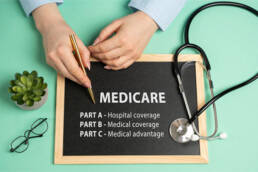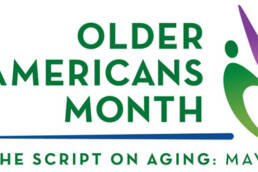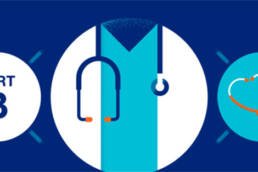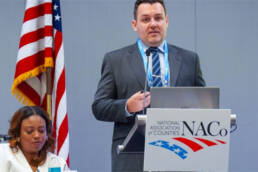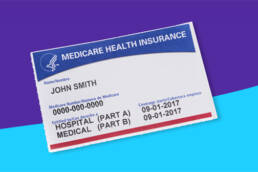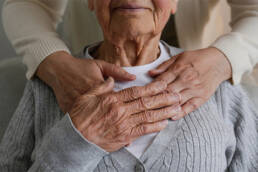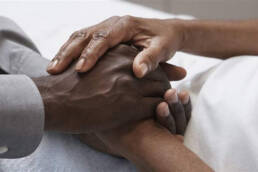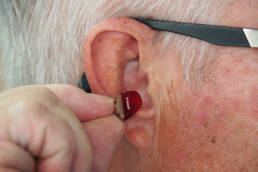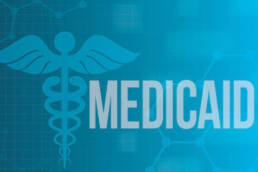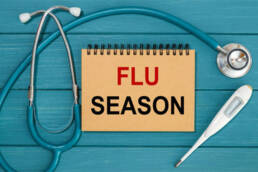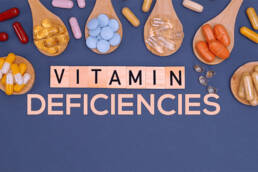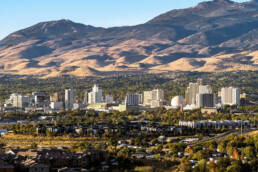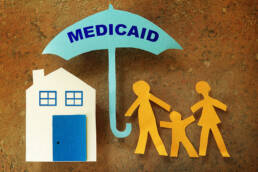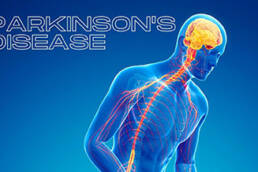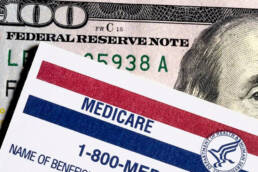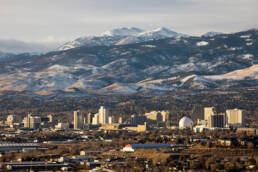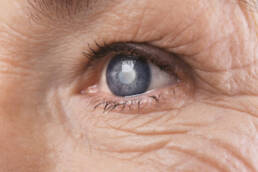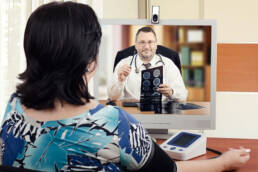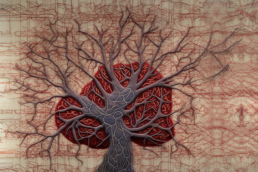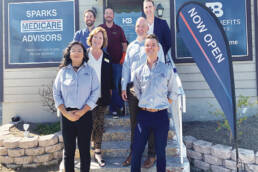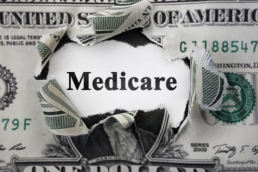A medical emergency can happen to anyone at any time. If one does happen, your first thought shouldn’t be how you will afford it. REMSA Health aims to provide assurance by unveiling its revamped membership program, a longstanding initiative designed to safeguard you and your loved ones during emergencies. Eager to delve deeper into the details
of this program and explore other recent developments at REMSA Health, I had the opportunity to converse with Barry Duplantis, the President, and CEO of REMSA Health.
Kristopher Dahir: I know REMSA Health has offered a membership program for a long time, but explain to me what that is and why someone might need it.
Barry Duplantis: For many years, REMSA Health has offered a membership program called Silver Saver for ground ambulance transport and an air ambulance transport membership program called
Flight Plan. Medical transport membership programs are common in communities across the country.
While membership is not insurance, it does help you feel at ease by protecting your household from out-of-pocket expenses, such as deductibles and/or copays for medically necessary transports, that may not be covered by your insurance policy, Medicare Part B, or another health benefits payor.
KD: What does membership include and who should think about getting it?
BD: Everyone! Particularly, aging adults not yet covered by Medicare Part B should invest in their health by purchasing a membership. We’ve refreshed the program’s name to Membership Plus, including three different package choices.
A REMSA Health package covers the cost of medically necessary ground transport within Washoe County. The Care Flight package covers the cost of medically necessary air ambulance transport across 26 counties in Nevada and northeastern California. The Premier package provides cost coverage for ground
and air transport. As we transition the program to Membership Plus, we will identify additional member benefits.
KD: How can someone learn more about Membership Plus or join the current program?
BD: They can visit remsahealth.com/membership, call 775- 858-5745, or email [email protected]. Our Membership Plus staff will answer any questions and help them choose the package that fits their needs.
KD: Changing topics now, I know REMSA Health has really been focused lately on helping people get to the right level of care. What does that mean and why focus on it?
BD: For decades, citizens have been told to call 9-1-1. However, workforce shortages across healthcare and changes to healthcare delivery, cost, and reimbursement have required that emergency medical services (EMS) reimagine its model. This is happening across the country and around the world. We can help people get the right level of care starting with our internationally, dual-accredited Regional Emergency Communications Center. When someone calls 9-1-1 with a first-aid levels complaint such as a sprained ankle or a rash, our medically trained dispatchers can navigate that call to a registered nurse in the same building. The nurse provides care guidance including how quickly the caller should seek care and with what provider. By doing this, we preserve paramedics and EMTs for life-threatening emergencies such as cardiac arrest, strokes, and pediatric drownings. Also, transportation to medical appointments can be a barrier. If that type of call comes in, our dispatcher will assist them with alternate transportation
rather than an ambulance. We don’t expect community members to know what is and isn’t an emergency. For a new parent, a sick baby in the middle of the night
can feel like an emergency. It’s alright that people
call us for non-emergency needs because the team at REMSA Health has the skill, compassion, and resources to determine the best care pathway – which might be following up with a physician the next day, or it might be an ambulance transport to the emergency room.
KD: I read a lot about healthcare companies focusing on providing care at home. REMSA Health has ambulances all around the community. Do you see an opportunity where REMSA Health might do something like that – something other than transporting people to the hospital?
BD: First, I want to clarify that REMSA Health, like ground and air ambulance services across the country, is not “just a ride.” Clinically skilled paramedics, EMTs, and nurses provide patients with healthcare – sometimes that is critical and complex care delivered in austere or unpredictable environments. As you mentioned, this gives us a unique opportunity to look at meeting people where they are and where they prefer to stay – which we understand is at home. We are identifying the needs of the aging population and determining how to build capacity for citizens to access the right levels of care. I hope we can use
Membership Plus as a springboard for initiatives like wellness checks, self-care guidance, and support for preventive care.
KD: You used the word “skill.” Tell me more about the medical training your dispatchers, paramedics, and EMTs have. How does the community know they will get good medical care from REMSA Health?
BD: We have two medical directors – Dr. Jenny Wilson







